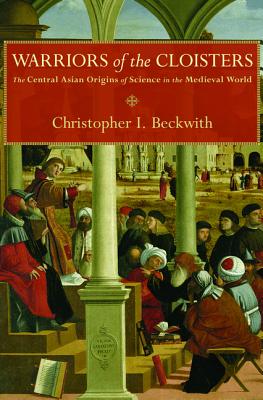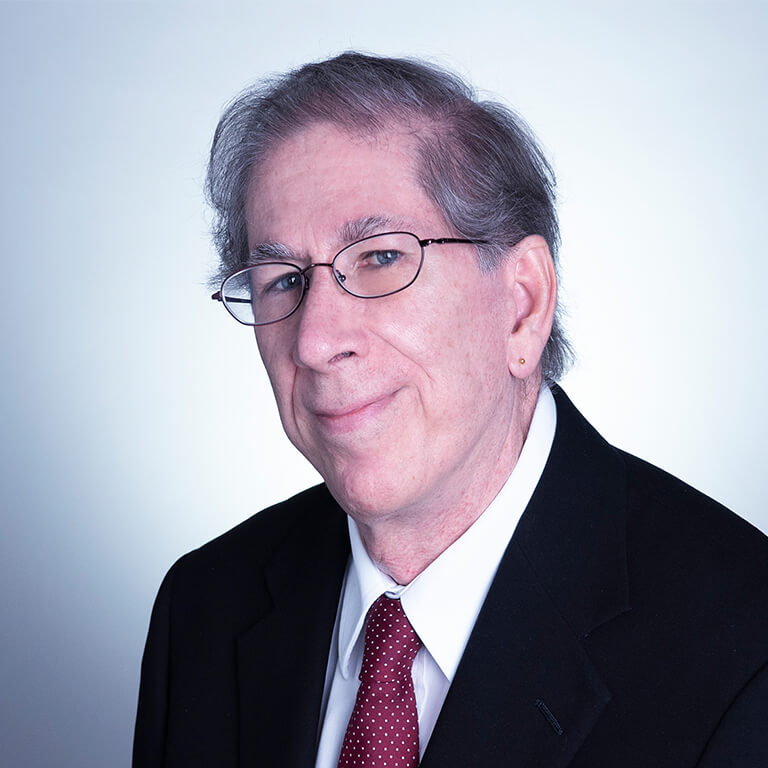

 Princeton University Press
Princeton University Press
Warriors of the Cloisters: The Central Asian Origins of Science in the Medieval World


Key Metrics
- Christopher I Beckwith
- Princeton University Press
- Hardcover
- 9780691155319
- 9.2 X 6.1 X 0.9 inches
- 1 pounds
- Science > History
- English
 Secure Transaction
Secure TransactionBook Description
How science in medieval Europe originated in Buddhist Asia
Warriors of the Cloisters tells how key cultural innovations from Central Asia revolutionized medieval Europe and gave rise to the culture of science in the West. Medieval scholars rarely performed scientific experiments, but instead contested issues in natural science, philosophy, and theology using the recursive argument method. This highly distinctive and unusual method of disputation was a core feature of medieval science, the predecessor of modern science. We know that the foundations of science were imported to Western Europe from the Islamic world, but until now the origins of such key elements of Islamic culture have been a mystery.
In this provocative book, Christopher I. Beckwith traces how the recursive argument method was first developed by Buddhist scholars and was spread by them throughout ancient Central Asia. He shows how the method was adopted by Islamic Central Asian natural philosophers--most importantly by Avicenna, one of the most brilliant of all medieval thinkers--and transmitted to the West when Avicenna's works were translated into Latin in Spain in the twelfth century by the Jewish philosopher Ibn Da'ud and others. During the same period the institution of the college was also borrowed from the Islamic world. The college was where most of the disputations were held, and became the most important component of medieval Europe's newly formed universities. As Beckwith demonstrates, the Islamic college also originated in Buddhist Central Asia.
Using in-depth analysis of ancient Buddhist, Classical Arabic, and Medieval Latin writings, Warriors of the Cloisters transforms our understanding of the origins of medieval scientific culture.
Author Bio
Professor Beckwith has taught at Indiana University for 41 years, in which time he has developed 48 distinct courses. He is one of the most prolific and versatile researchers in the field of Central Eurasian studies.
Beckwith is renowned for revolutionary scholarship that reshapes understanding of how, why and when the Central Eurasian steppe peoples from Eastern Europe to East Asia influenced the development of knowledge, religious beliefs and societies, not only within their homeland but in the neighboring peripheral cultures of Europe, the Middle East, South Asia, and East Asia as well.
His research focuses on the history of ancient and medieval Central Asia and the cultures of those peripheral peoples, as well as the linguistics of Aramaic, Chinese, Japanese, Koguryo, Old Tibetan, Tokharian, Old Turkic, Uzbek, and other languages.
He has been named a MacArthur Fellow, a Guggenheim Fellow, a Fulbright-Hays Fellow, and a Japan Foundation fellow and has had numerous visiting appointments around the United States and the world. He has authored 10 books and 49 articles.
Source: Indiana University Bloomington
Videos
No Videos
Community reviews
Write a ReviewNo Community reviews